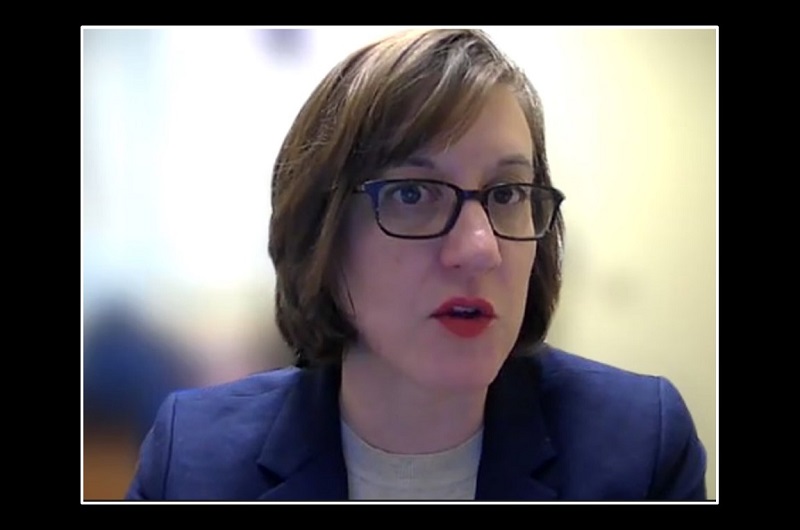Event Summary December 16, 2022
The Future of Reproductive Healthcare in Illinois
Chicago, IL
On December 7th, Dawn Mandile, Erin Watson, and Kenzie Schumaker attended The Future of Reproductive Healthcare in Illinois webinar. The webinar focused on the impact of the overturning of Roe vs. Wade as states severely restrict or ban abortion services. As states continue to shift, Illinois is now becoming an “oasis” for these services.
Panelists:
- Dr. Sadia Haider, Director of the Division of Family Planning, Rush University Medical Center
- Megan Jeyifo, Executive Director, Chicago Abortion Fund
- Rianne Hawkins, Director of Advocacy and Campaigns, Planned Parenthood Illinois Action
- Rep. Ann Williams, D-Chicago
The panelists varied in roles, but all play a part in providing safe access to reproductive care. Topics discussed included the politics around abortion, increasing access among a surge in patients, and concerns from both patients and providers alike.
Key Takeaways:
- Illinois representatives and providers have been preparing for the overturn of the constitutional right to abortion. In the last few years they had taken the “when” over “if” mentality in order to work on strengthening Illinois’ access to abortion. Illinois believes that abortion is healthcare.
- In order to prepare for the surge of patients that Illinois would see, they begun building health centers on the Illinois borders. This provides easier access for those traveling from other states.
- The Illinois Reproductive Health Care act gives each person a fundamental right to make individual decisions about their own reproductive health. This helps to ensure that women will continue to have access to the reproductive healthcare they need, regardless of political changes in Illinois.
- The United States has a high maternal mortality rate and maternal outcomes are expected to only get worse with limited access to abortions. This will also exacerbate health inequities that exist today, creating larger health gaps for black and brown communities.
- Abortion is also time sensitive, making it even more difficult for those that need to travel for care.
- For states that have access to abortions, for Medicaid patients there is a $0 copay, which is not available through private insurance.
- Data privacy is a large contributor of fear that women who seek an abortion are concerned about. Our phones act as tracking devices and for those traveling, they may be tracked to an abortion clinic.
- Data is sold to the highest bidder, but we are not certain how it is going to be used and the possible consequences.
- The punishment of a women in a state where abortion is banned or strictly restricted at this time is unclear. This provides additional concerns as women are unsure if tracked to abortion how they could be impacted in the future.
- Women who do not have access to leverage a safe abortion are increasingly turning to Safe Haven laws in some states as a back-up plan.
- Providers may work at two locations in two different states, resulting in them being able to provide abortions in one of their offices and not others. It is unclear if this could become an issue in some states and potentially jeopardize their licenses.
- For states with restrictions or no access, students and residents are not getting the needed training. The training is not specific for just abortions, but is similar training for handling other conditions like ectopic pregnancies. Hospitals like Rush are offering opportunities to nearby states.
- Telehealth is available for reproductive care, but should not be expected to be a full replacement, as abortion pills are not always as an option and cannot fully replace an abortion procedure.
To learn about our Healthcare & Life Sciences expertise and how we can assist you, click here:

